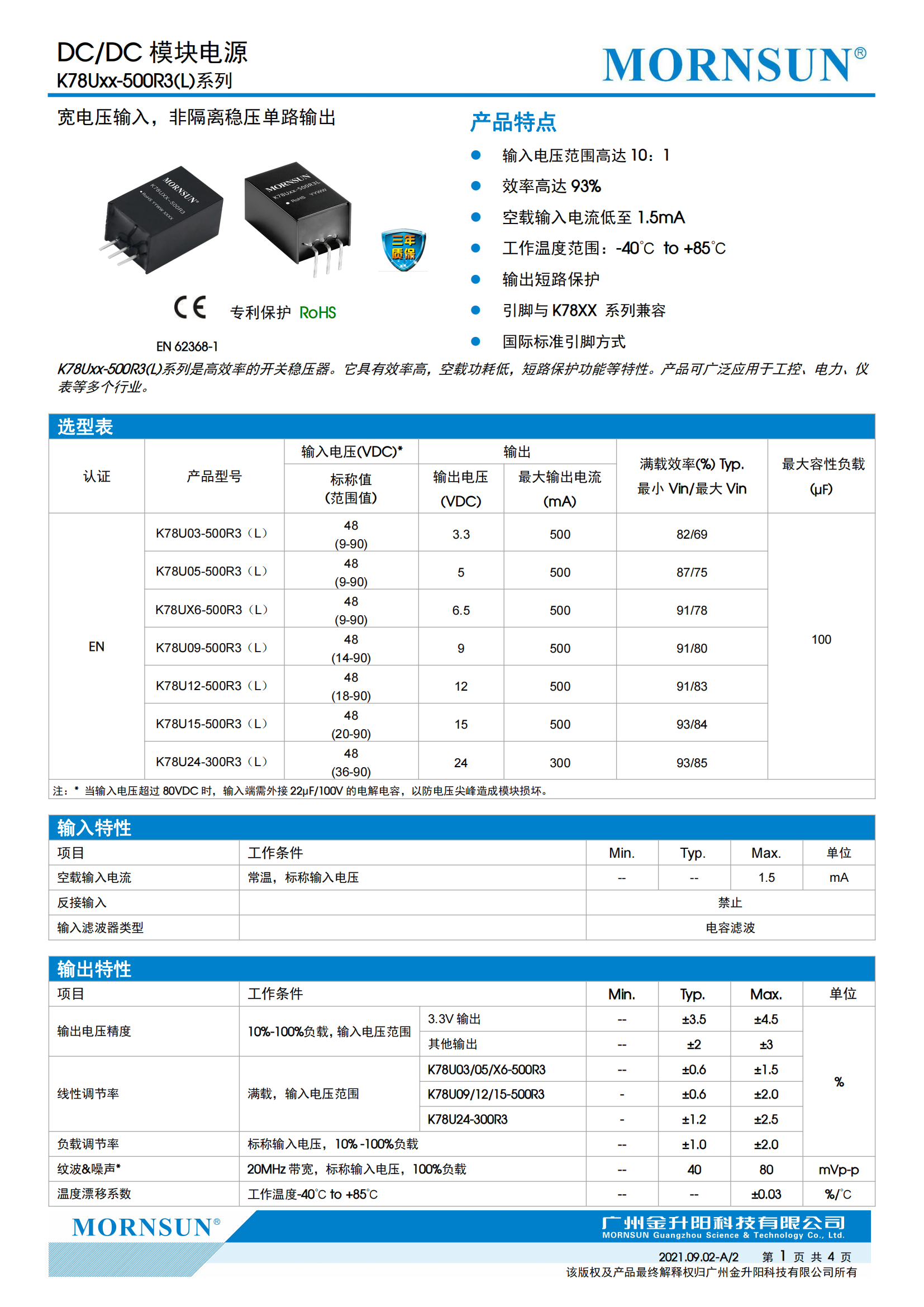钒和其化合物常识简介
This fact sheet answers the most frequently asked health quesTIons about vanadium. For more informaTIon, you may call the ATSDR InformaTIon Center at 1-888-422-8737. This fact sheet is one in a series of summaries about hazardous substances and their health effects. This informaTIon is important because this substance may harm you. The effects of exposure to any hazardous substance depend on the dose, the duration, how you are exposed, personal traits and habits, and whether other chemicals are present.
SUMMARY: Everyone is exposed to low levels of vanadium in air, water, and food; however, most people are exposed mainly from food. Breathing high levels of vanadium may cause lung irritation, chest pain, coughing, and other effects. This chemical has been found in at least 385 of 1,416 National Priorities List sites identified by the Environmental Protection Agency.
What is vanadium?
|
Vanadium is a compound that occurs in nature as a white-to-gray metal, and is often found as crystals. Pure vanadium has no smell. It usually combines with other elements such as oxygen, sodium, sulfur, or chloride. Vanadium and vanadium compounds can be found in the earth’s crust and in rocks, some iron ores, and crude petroleum deposits. Vanadium is mostly combined with other metals to make special metal mixtures called alloys. Vanadium in the form of vanadium oxide is a component in special kinds of steel that is used for automobile parts, springs, and ball bearings. Most of the vanadium used in the United States is used to make steel. Vanadium oxide is a yellow-orange powder, dark-gray flakes, or yellow crystals. Vanadium is also mixed with iron to make important parts for aircraft engines. Small amounts of vanadium are used in making rubber, plastics, ceramics, and other chemicals. |
|
back to top |
|
声明:本文内容来自网络转载或用户投稿,文章版权归原作者和原出处所有。文中观点,不代表本站立场。若有侵权请联系本站删除(kf@86ic.com)https://www.86ic.net/yingyong/iot/76703.html
|








